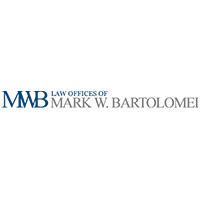Manchaug Bankruptcy & Debt Lawyer, Massachusetts
Sponsored Law Firm
-
 x
x

Click For More Info:
-
Botelho Law Group
901 Eastern Ave Suite 2 Fall River, MA 02723» view mapBankruptcy & Debt Law Fall River Lawyers
At the Botelho Law Group we have several attorneys, with different specializations; to help your case’s individual needs.
800-229-5331
Marina R. Matuzek
✓ VERIFIEDBankruptcy & Debt, Divorce & Family Law, Criminal
Marina R. Matuzek is a practicing lawyer in the state of MA handling Bankruptcy and Family Law cases.
Mark W. Bartolomei
✓ VERIFIEDDivorce & Family Law, Real Estate, Criminal, Bankruptcy & Debt, Mediation
As the founder of the Law Offices of Mark W. Bartolomei, Mr. Bartolomei is a highly skilled and dedicated attorney focused on providing outstanding le... (more)
FREE CONSULTATION
CONTACTFREE CONSULTATION
CONTACTJames J Kaeding
Social Security -- Disability, Bankruptcy, Credit & Debt, White Collar Crime
Status: In Good Standing
Jack LaPre
Adoption, Alimony & Spousal Support, Bankruptcy, Bankruptcy Litigation
Status: In Good Standing
FREE CONSULTATION
CONTACTJacqueline D. Cameron Chappell
Mediation, Civil Rights, Bad Faith Insurance, Bankruptcy
Status: In Good Standing
Russell S. Chernin
Real Estate, Litigation, Immigration, Collection
Status: In Good Standing Licensed: 43 Years
 Joseph Botelho Fall River, MA
Joseph Botelho Fall River, MA


